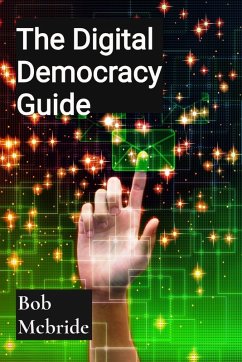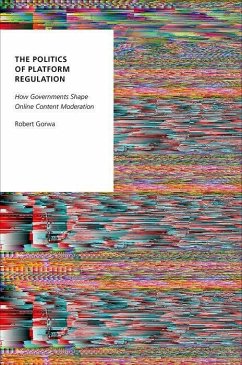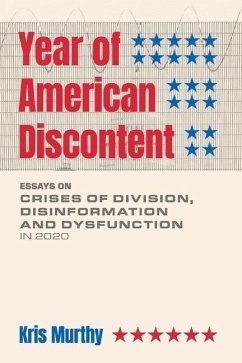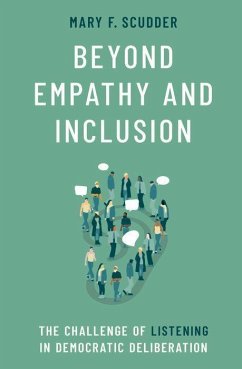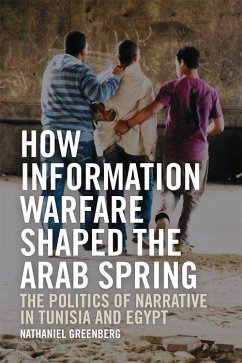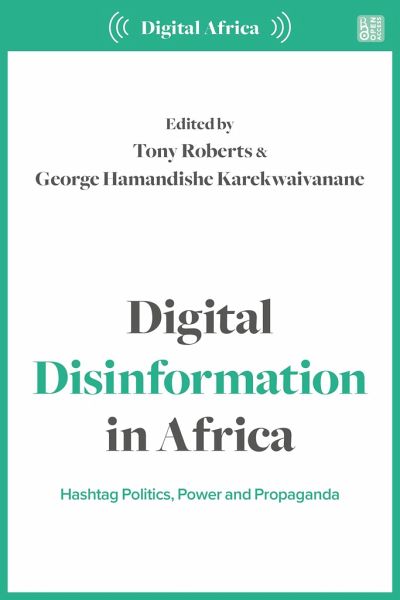
Digital Disinformation in Africa
Hashtag Politics, Power and Propaganda
Herausgeber: Roberts, Tony; Karekwaivanane, George Hamandishe
Versandkostenfrei!
Versandfertig in über 4 Wochen
30,99 €
inkl. MwSt.

PAYBACK Punkte
15 °P sammeln!
In an era when hashtag campaigns like #MeToo and #BlackLivesMatter capture global attention for victims of injustice, politicians and corporations are now spending billions employing Cambridge Analytica-type consultancies to manufacture disinformation - employing trolls, cyborgs and bots to disrupt dialogue and drown-out dissent. In the first study of its kind, this open-access book presents a range of case studies of these emerging dynamics across Africa, mapping and analyzing disinformation operations in ten different countries, and using innovative techniques to determine who is producing a...
In an era when hashtag campaigns like #MeToo and #BlackLivesMatter capture global attention for victims of injustice, politicians and corporations are now spending billions employing Cambridge Analytica-type consultancies to manufacture disinformation - employing trolls, cyborgs and bots to disrupt dialogue and drown-out dissent. In the first study of its kind, this open-access book presents a range of case studies of these emerging dynamics across Africa, mapping and analyzing disinformation operations in ten different countries, and using innovative techniques to determine who is producing and coordinating these increasingly sophisticated disinformation machines. Drawing on scholars from across the continent, case studies document the actors and mechanisms used to profile citizens, manipulate beliefs and behaviour, and close the political space for democratic dialogue and policy debate. Chapters include examinations of how the Nigerian government deployed disinformation when the #EndSARS campaign focused attention on police brutality and corruption; insights into how pro-government actors responded to the viral #ZimbabweanLivesMatter campaign; and how misogynists mobilized against the #AmINext campaign against gender-based violence in South Africa. Through the documentation of episodes of unruly politics in digital spaces, these studies provide a valuable assessment of the implications of these dynamics for digital rights, moving beyond a focus on elaborations of the idea of 'fake news', and providing actionable recommendations in the areas of policy, legislation and practice. The ebook editions of this book are available open access under a CC BY-NC-ND 4.0 licence on bloomsburycollections.com.



